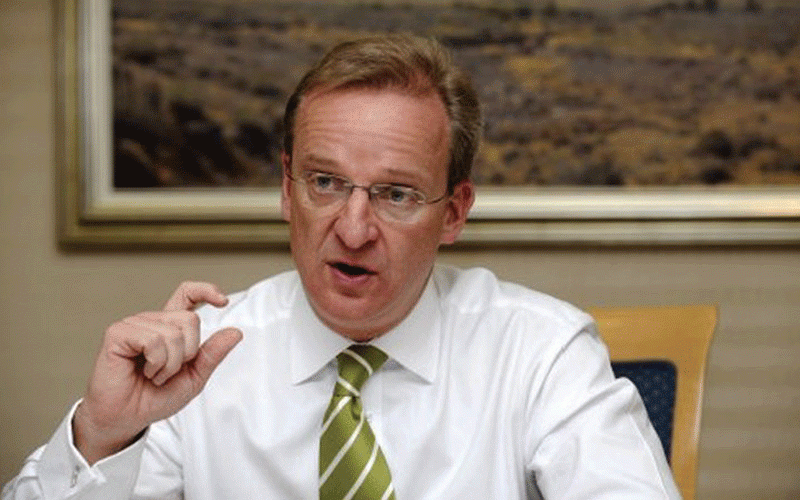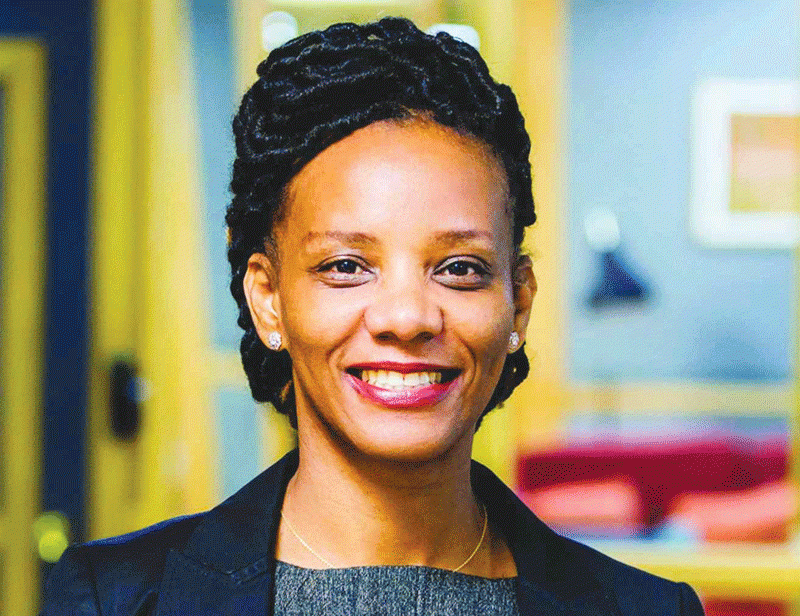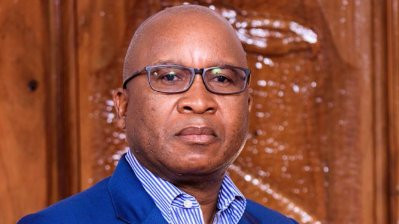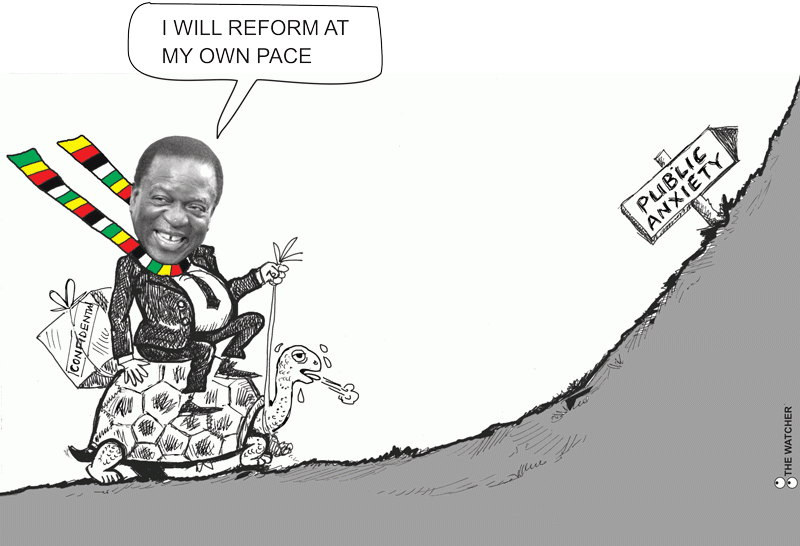
VISITING Nedbank Group chief executive officer Mike Brown has called for certainty around the usage of the US dollar to allow businesses to make long-term decisions as 2025 draws closer.
This comes as it emerged last week that banks are no longer offering long-term loans to businesses, with others expressing scepticism on what the future holds beyond 2025.
Statutory Instrument 118A of 2022 allows the use of foreign currency until end of 2025.
Since most banks make their money through net interest income and non-net interest income, the impact of this on banking revenue to offer long term lending is significant.
“Well, anybody in the system will want more certainty as to what is or isn’t going to happen. Because in any economy that is largely dollarised at 80-90% to suddenly come at a point in time where they say they are going to change to a different currency is massively disruptive,” Brown told businessdigest.
“I think you're always going to find the economy behaving in a shorter-term way until there is longer term certainty as to exactly when and how that may play out.”
The Nedbank Group is headquartered in South Africa and is one of the five largest financial services groups in Africa with over US$67 billion worth of assets.
The financial services company operates in Zimbabwe through its subsidiary, Nedbank Zimbabwe. Brown said uncertainty kept Nedbank's activities in the country in the short term until there was more certainty around the use of the US dollar.
- ‘Diversity of capital markets pivotal to economic growth’
- Nedbank group CEO ends Zim visit
- Nedbank sets aside US$3,9bn for climate financing
- Nedbank CEO calls for US dollar certainty after 2025
Keep Reading
“I think in the short term it does keep our activities more short-dated and less long-term looking until we get more certainty. Banks and any business require a certainty in the regulatory environment to be able to make long-term decisions,” he said.
Brown said this was important for the bank given that it had no plans to exit the country despite the economic headwinds.
He added that this year, in particular, Zimbabwe had contributed well to the group’s overall performance, largely driven by its US dollar capital and depreciation of the South African rand and the Zimbabwe dollar.
This is because during the half year, according to central bank statistics, at the end of June, loans had shot up to ZW$10,19 trillion from ZW$1,29 trillion as of December 31 2022. The central bank noted that the increase was a result of foreign currency-denominated loans rising during the period, which constituted 94% of the banking sector’s loan book.
“So, in particular, this year Zimbabwe has contributed well, largely driven by our US dollar capital and the depreciation of both the rand and the Zimbabwe dollar, which has contributed to strong earnings growth in Zimbabwe,” Brown said.
“So, there has been a very strong performance in the first half of this year for Nedbank.
“We absolutely want to continue our business in Zimbabwe. It's part of our regional strategy. And certainly, we want to be on the ground supporting our clients and customers as we've done for many, many years.”
In its half year ended June 30, 2023, Nedbank said a weaker Zimbabwe dollar to the South African rand compared to the greenback led to a negative other comprehensive income adjustment in reserves. The group reported that balancing effects prevented hyperinflation and forex swings from affecting Nedbank’s net asset value though they remain problematic.
Companies have been pressing for legislation to ensure the use of foreign currencies, especially the United States dollar, after 2025.
At the recent Zimbabwe Economic Development Conference 2023, Finance and Investment Promotion permanent secretary George Guvamatanga confirmed this.
“To ensure long-term economic growth, stakeholders recommended that the country should move towards the use of local currency,” he said.
“However, it was recommended that the government should adopt a gradual de-dollarisation process accompanied by necessary incentives instead of a forced, big bang approach, learning from other countries’ experiences.
“Stakeholders in this conference have requested that government provides the market and the economy with a clear currency reform roadmap as the financial sector is now hesitant to extend long term foreign currency loans as the 2025 deadline looms.”
Issues around currency stability have already caused foreign banks like Barclays and Standard Chartered Bank to pull out of Zimbabwe. With the local currency losing over 700% of its value since the start of the year, the market is seeking to have stability from laws that will secure the usage of the greenback post 2025. Market researchers, Morgan&CO said in an economic analysis that: “A qualitative analysis of Zimbabwe's economic health using three variables — interest rates, inflation, and exchange rates — reveals that Zimbabwe's economy is skirting on shaky ground.
“Zimbabwe's local currency has lost 81% of its value to date versus the dollar on the official market (86% on the parallel market) in a show of no confidence.
“The Zimbabwe dollar has no solid foundation considering that the economy's total debt is almost at par with Zimbabwe's GDP and there is very low confidence in formal banking channels, and this waters down any fundamental backing to forecasts of its appreciation in 2024.
“The Zimdollar temporarily appreciated between July and August 2023 in response to a severe drain in liquidity, and this, to some extent, halted the broader economy,” it said.











